15+ Fun Facts about Human Body
For, after all, the human body is an amazing machine and resourceful treasure box. These 15+ fun facts concerning the human body will reveal some surprises, and leave you with an extra good idea of the intriguing way our bodies perform daily. Whether you are looking to read up on the brain, muscles or digestion; this list has it all unpacked with fun facts & and some near-key terms for you to understand your amazing body.
Your Brain Works Better Than a Super Computer
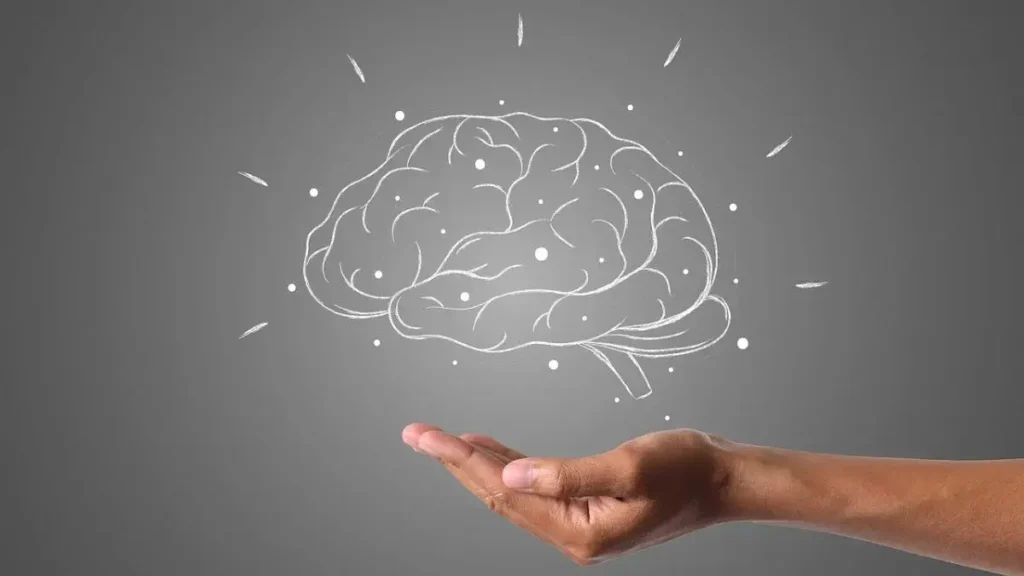
Processing more data than the biggest supercomputer in this world, the human brain is a powerful data processor. At the same time, it does millions of processes and can store tons of memories. The brain can transmit signals up to 268 mph using electrical signals.
Your Heart Beats 100,000 Times a day
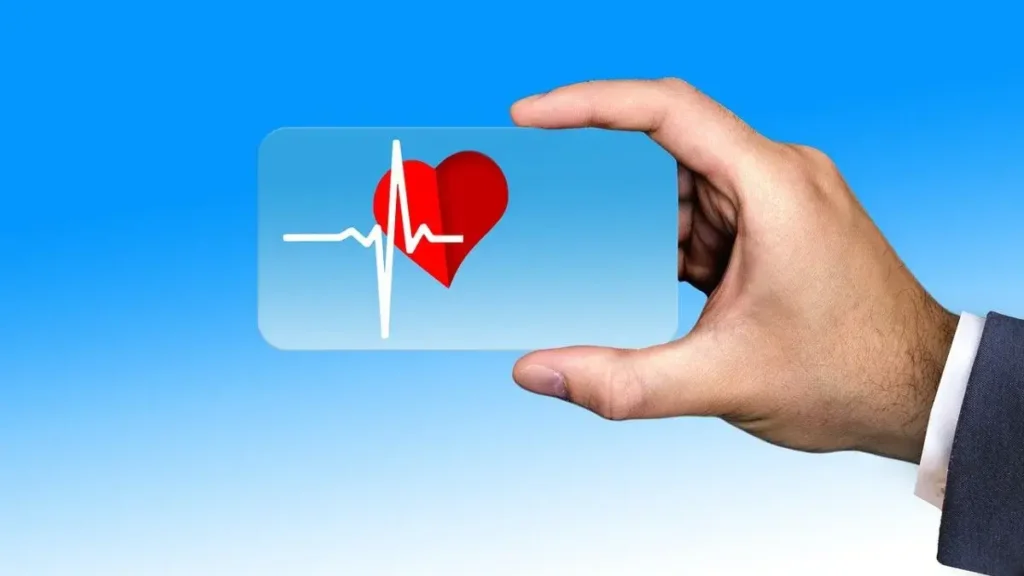
Your heart works hard! It beats around 100,000 times per day and pushes almost 2,000 gallons of blood throughout your body. Every cell in your body depends on this foundation organ to keep it chugging along by delivering umpteen litres of oxygen-rich blood per second.
Constant Renewal of Bones
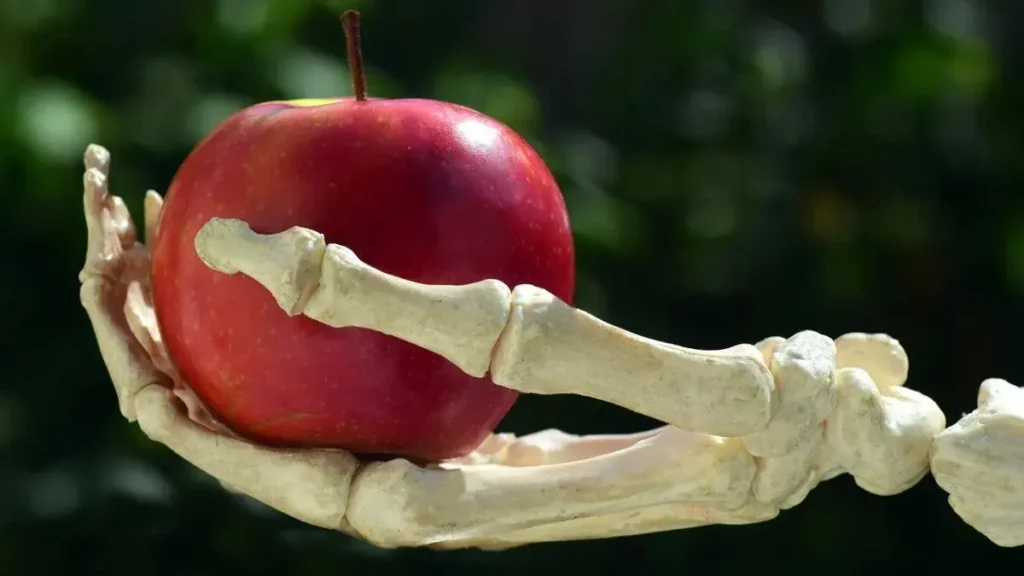
While your skeleton might appear stationary, it isn’t. This process is known as bone remodelling, which is the way bones renew themselves. And you get a new one every decade your skeleton has been almost entirely reborn from scratch by the time you celebrate each 10th birthday.
The human eye can distinguish more than 10 million hues
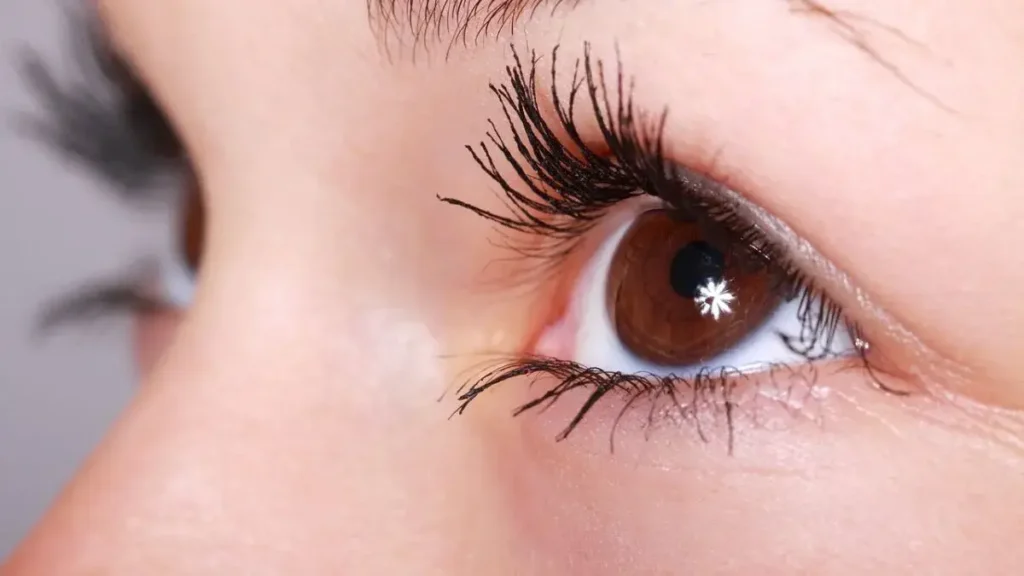
Your eyes can differentiate between more than 10 million shades of colour. They can also adapt to new light conditions faster so you get the best views possible whatever the environment.
The nails on the fingers grow faster than nails on the toes
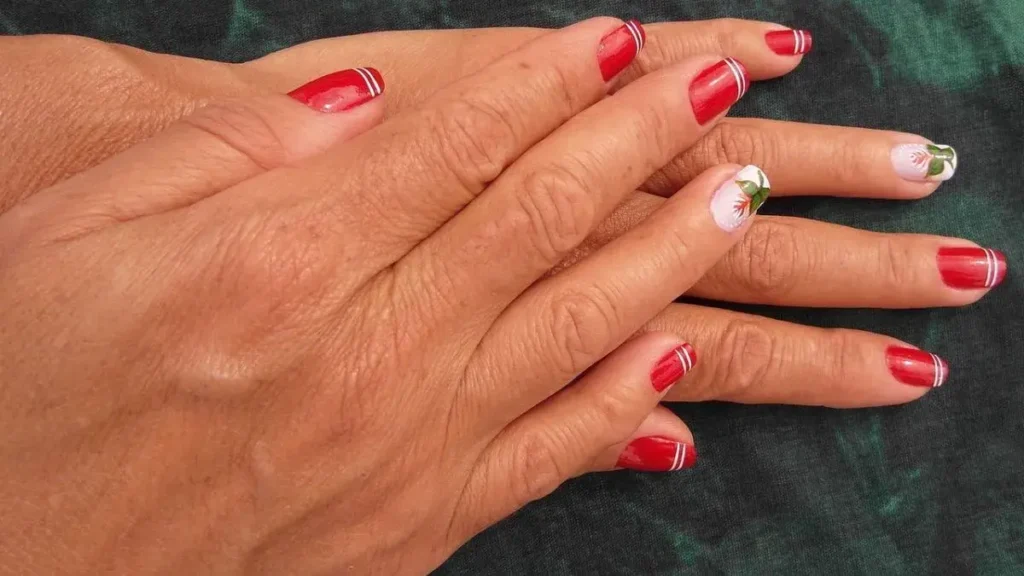
Your fingernails grow about four times faster than your toenails, but why? It takes about six months for fingernails to develop fully, but toenails require a year or even longer.
Your Skin Sheds Every 28 Days

Skin cells are shed and created anew, approximately every 28 days. This is why your skin is well aware that it can be sprayed with all sorts of different stuff.
You Could Produce 2 Swimming Worth Of Saliva in Your Lifetime

Your salivary glands produce 2-4 pints of saliva every day. Over an average lifetime, that comes out to about two large swimming pools worth of saliva!
Babies Are Born With More Bones Than Adults

Typically, babies are born with about 300 bones and adults have 206. With age, some of the bones grow and fuse.
You Have Unique Tongue Prints

Similar to fingerprints, no two tongue prints are the same that uniqueness can be used to even identify an element, although rarely anyone has done that.
Your Ear Contains The Smallest Bone
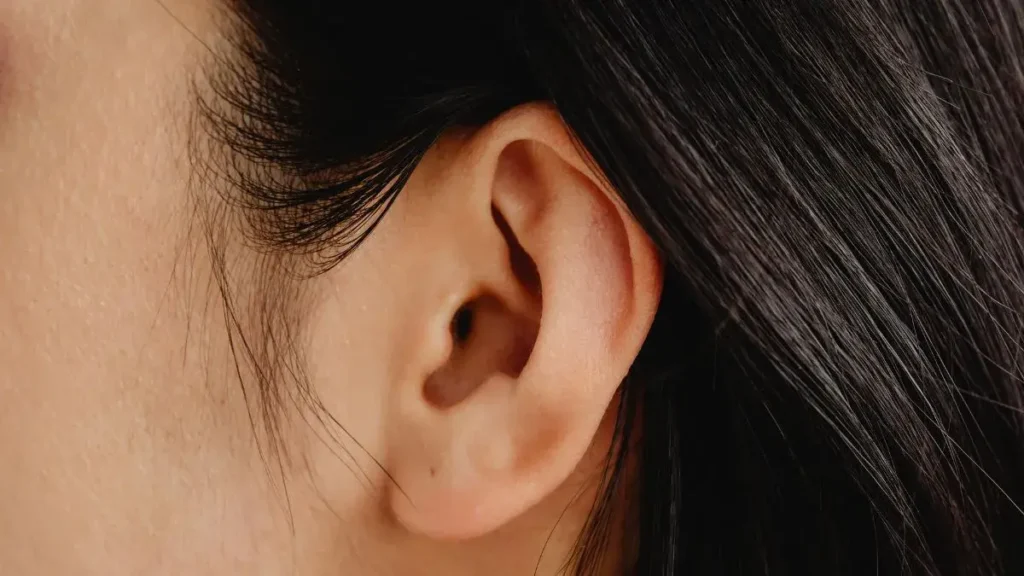
The smallest bone in the human body is called stapes which can be found in our middle ear. It may only be around 3 millimetres long, but it plays a critical role in hearing.
The average is 20,000 breaths a day

On average, each of us breathes 20,000 times a day and inhales something like 11,000 litres of air. Which is why it is so important to keep healthy lungs.
You can smell a trillion scents

The nose is one of the most sophisticated natural sensors capable of detecting over a trillion different odours. It works in conjunction with the brain to recognize those scents, no matter how weak or delicate they are.
Muscle is Approximately 40% of your Body Weight

Your muscles are used to move, and they make up roughly 40% of your total body mass. These are skeletal, smooth, and cardiac muscles that are utilized in tasks like walking or digesting food.
Everyone loses hair daily
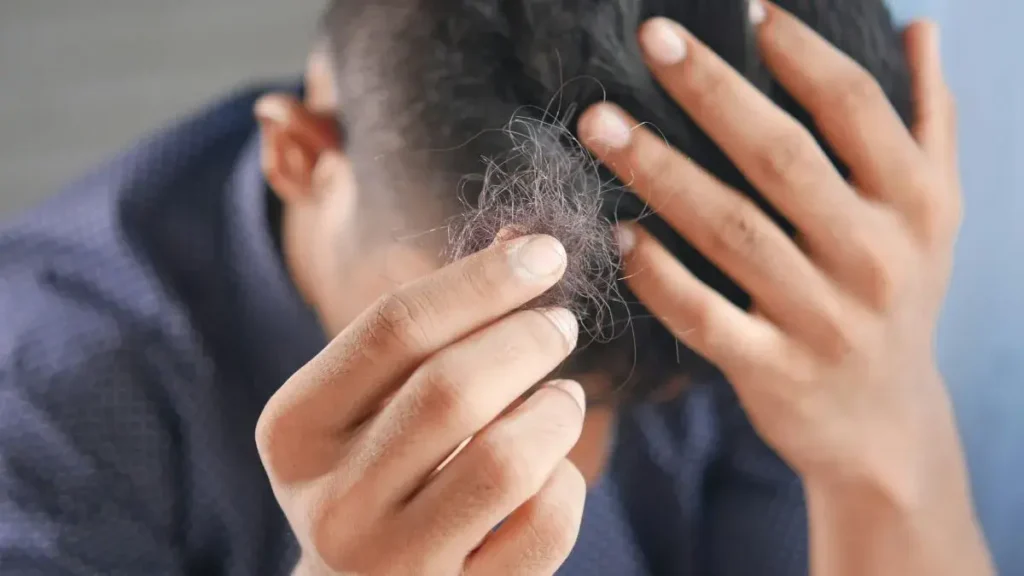
Everyone loses hair daily (as it is), and that percentage falls easily within the 100 per day or so. The average person loses between 50-100 strands of hair per day, but they are replaced by new growth.
Taste Buds Regenerate Incredibly Rapidly

The average lifespan of a taste bud is only 10 to 14 days before a new one grows. This will help you to keep enjoying your favourite food.
Your Body is a Home for Bacteria
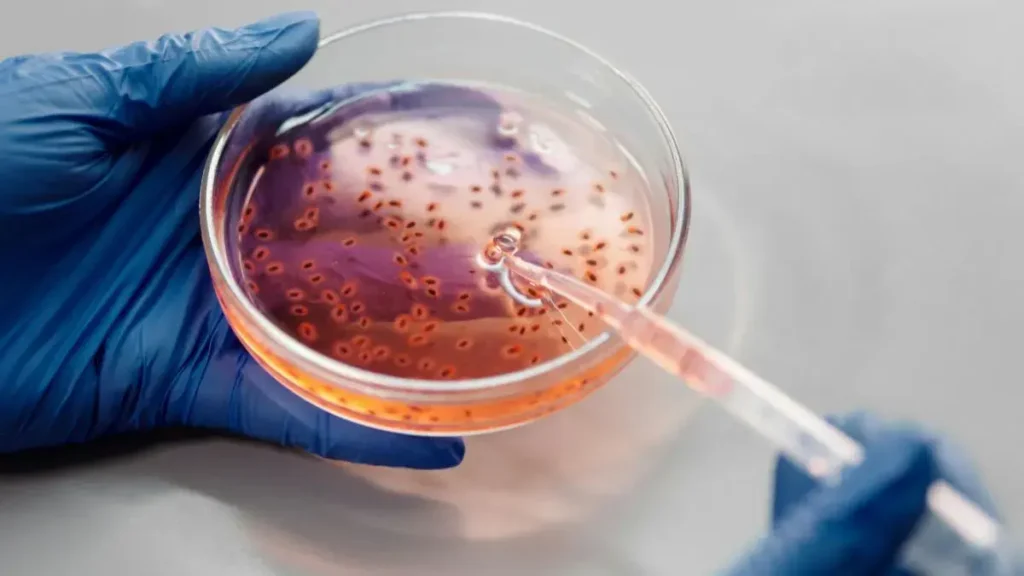
Trillions of bacteria reside in your body, mainly in the digestive system. Although some bacteria can cause sickness, many are helpful and help in digestion along with other essential things.
The Brain Doesn’t Feel Pain
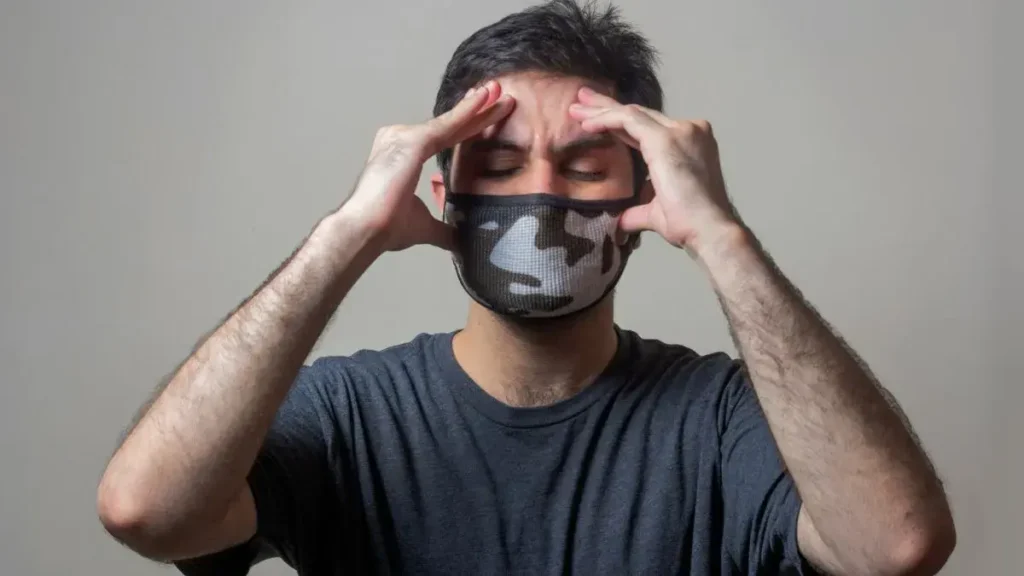
The brain does not feel pain because pain receptors are not limited inside the brain. Our brains cannot actually perceive pain, but the tissues and nerves around them do, hence headaches.
Human Body Has Enough Iron to Develop 3 Inch Nail
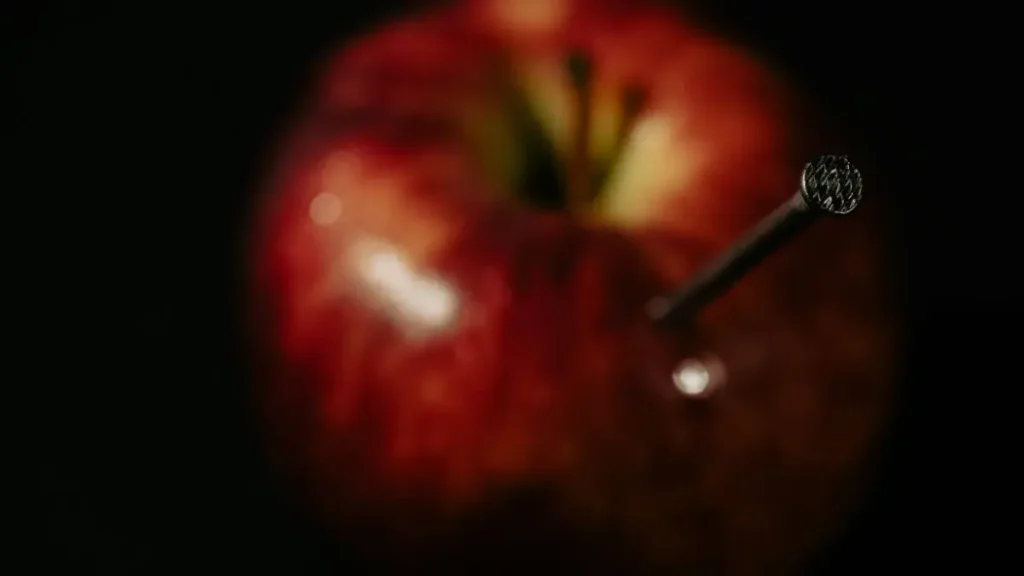
The quantity of iron in your body can yield a little 3-creep nail. Hemoglobin is formed when iron combines with protein in your blood and it is great for helping move oxygen throughout the body.
Your Blood Vessels Would Wrap Around the Earth
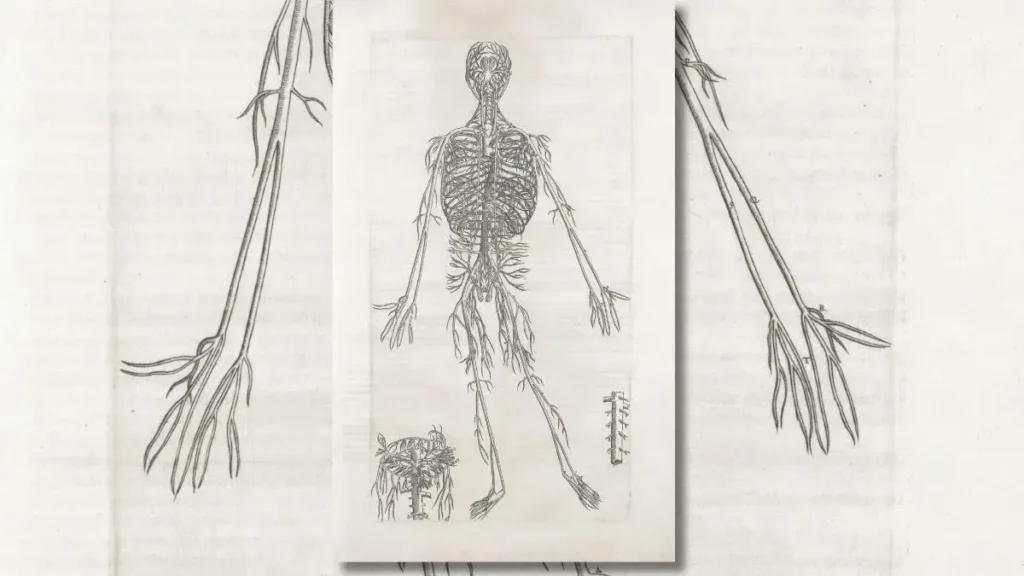
The blood vessels in your body are anywhere from 60,000 miles long (not stretched out and laid end-to-end) to over 100,000 miles long (if they were laid in a straight line next to each other).




